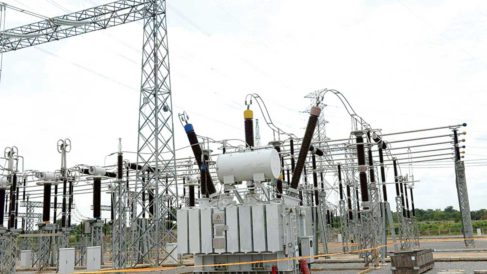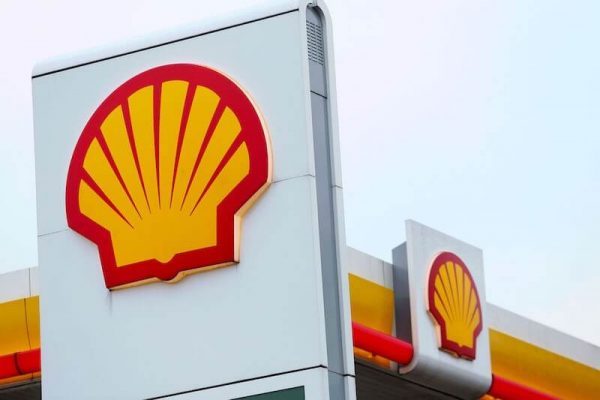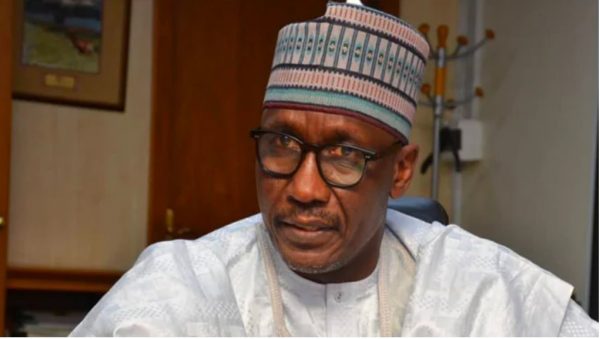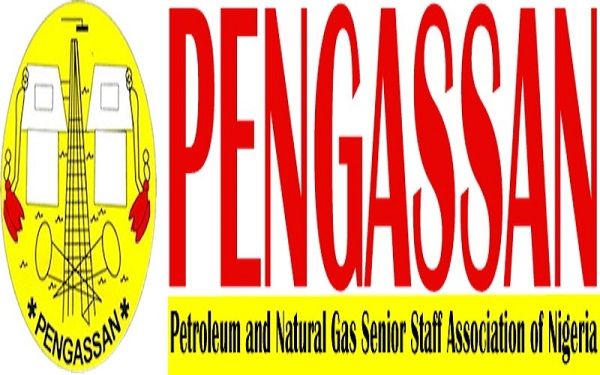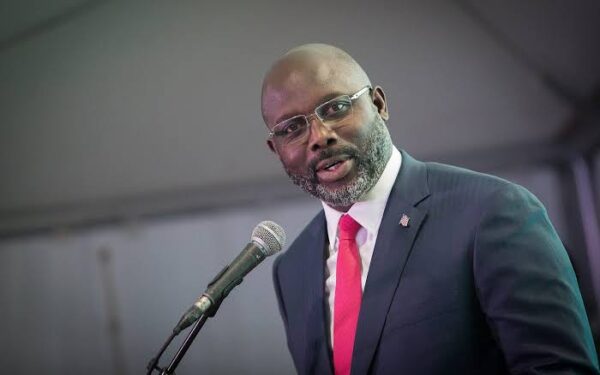50 CNG Stations Servicing 200 Million Nigerians – NMDPRA
The Chief Executive of the Nigerian Midstream and Downstream Petroleum Regulatory Authority, Farouk Ahmed, says Nigeria has less than 50 Compressed Natural Gas compression stations to feed 200 million Nigerians.
This is despite efforts of the Federal Government, through the Presidential Compressed Natural Gas Initiative to give Nigerians access to CNG as a replacement to the pricey fossil fuels like petrol and diesel.
Ahmed stated this in his speech at the conference of the Nigeria Association of Energy Correspondents in Lagos.
Touching on energy security, which is crucial for Nigeria’s economic growth, Ahmed maintained that despite having a huge gas utilisation deficit, “we still flare about 2.5 billion cubic feet of gas daily”.
This wasted resource, he noted, could generate enough electricity for the country.
He stressed, “The Decade of Gas initiative seeks to end this waste, ensuring that by 2030, gas contributes significantly to our energy mix, adding up to 5,000 MW to the national grid and reducing our reliance on imported fuels.”
As the country invests in gas infrastructure, he advised that Nigeria must diversify its energy sources and reduce dependency on any single fuel.
“It is important to note that the number of Liquefied Petroleum Gas plants in the country is less than 3,000 while the CNG compression stations are less than 50 for a country of 200 million citizens.
“We must develop a robust gas sector not only to secure our domestic energy needs but also to position ourselves as a reliable energy supplier for neighbouring countries, thereby enhancing regional energy security and fostering economic collaboration,” he submitted.
He spoke further that “the Presidential CNG initiative is one of the Federal Government policies that will drive our energy security and reduce the dependency on oil.”
He posited that Nigeria is at a crossroads, facing the challenge of transitioning to a new energy future while resolving its economic and social challenges.
While recalling that Nigeria’s Energy Transition Plan launched in 2022, adopted gas as a transition fuel, wheeling the nation from carbon-dominated energy sources to less carbon-intensive fuels like LPG and CNG, he added that energy security and international politics constitute a hurdle that must be confronted head-on.
“Nigeria is blessed with over 209 trillion cubic feet of proven associated and non-associated gas reserves, the largest in Africa and among the top ten globally. Despite this immense potential, gas has often taken a back seat to crude oil.
“Today, we have a chance to change that narrative. As a cleaner-burning fuel, natural gas emits about 50 per cent less CO2 than coal and 30 per cent less than oil, making it an ideal bridge to a low-carbon future while still meeting our immediate energy needs.
”Switching to gas can also help us manage the intermittency challenges faced by renewable energy sources like wind and solar. By embracing gas, we are not just talking about an energy transition; we are ensuring a reliable, cleaner, and more sustainable energy supply for Nigeria,” he explained.
However, Ahmed maintained that the financial investment required for Nigeria’s gas infrastructure is substantial, with estimates ranging in the billions of dollars.
“Various reports and initiatives suggest that we need significant funding to expand and modernise our gas infrastructure. However, the enactment of the Petroleum Industry Act in 2021 provides a solid foundation for attracting this investment by offering better fiscal terms and regulatory clarity.
“The establishment of the Nigerian Midstream and Downstream Gas Infrastructure Fund aims to support the growth of the sector by improving access to finance and encouraging local and international partnerships,” the ACE noted.
On the global scale, he worried that the continuous call for decarbonisation of energy sources away from fossil fuels is adding pressure on the already complex situation.
“Nigeria, being import-dependent until now, and also having just oil as its major Forex earner, will be caught in the web, should calls for phasing out fossil fuels materialise in the near term,” he warned.




